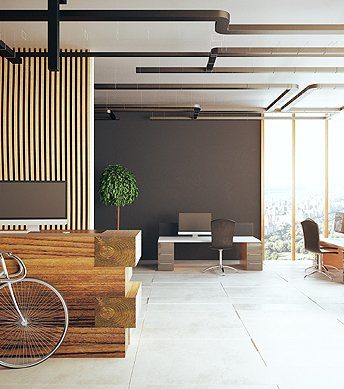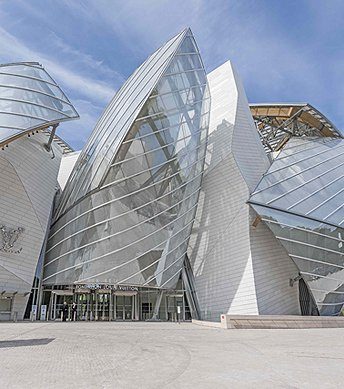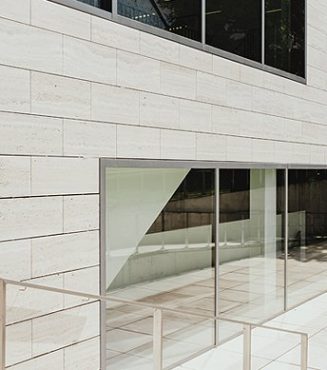BANKRUPTCY ATTORNEY
SERVICES

Chapter 7 Bankruptcy
Chapter 7 bankruptcy is often called "straight" or "liquidation" bankruptcy. It allows you to discharge, or cancel, your debts in return for giving up your property. Chapter 7 bankruptcy is sometimes called "debt forgiveness" because, even though you may still owe the money, you won't be held accountable for paying it back.

Chapter 12 Bankruptcy
Chapter 12 bankruptcy is a designation under US bankruptcy law that denotes a specific chapter of the Bankruptcy Code designed for farmers. A farmer's bank account may be protected under Chapter 12 bankruptcy, but most businesses are ineligible for relief under this chapter.

Chapter 13 Bankruptcy
In a Chapter 13 case, the debtor proposes a plan to repay creditors over 3-5 years. The plan must pay creditors at least as much as they would receive if the debtor were to receive a Chapter 7 discharge. The plan must also pay unsecured creditors at least as much as they would receive if the debtor were to file a Chapter 13 and then successfully complete a Chapter 7. If the debtor has sufficient income, he or she will make the plan payments to the trustee, who in turn distributes them to creditors.

Small Business Bankruptcy
Chapter 12 bankruptcy is a type of bankruptcy designed specifically for people who have a business with a relatively small number of clients or customers. Chapter 7 is the most common type of bankruptcy, but Chapter 11 is typically used by large corporations.
